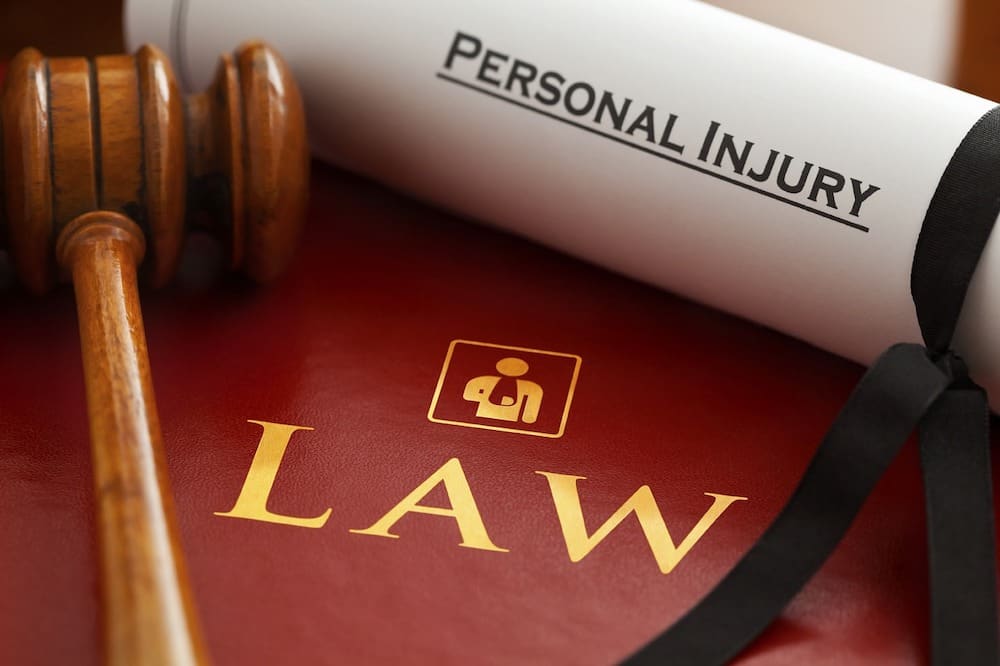
- Practice Areas+
- Our Firm+
- Results+
- Reviews+
- Blogs+
- Videos+
- Contact+
- (202) 628-3050


Each year, a staggering number of medical malpractice lawsuits stem from misdiagnosis, delayed diagnosis, and failure to diagnose. In fact, statistics show that 12 million people are misdiagnosed annually in the U.S. When doctors fail to make an accurate and timely diagnosis, it is the patient who suffers the consequences. If you were harmed because of a diagnosis error, contact a Washington, D.C. diagnosis error lawyer from Simeone & Miller, LLP for help today.
At Simeone & Miller, LLP, we believe that doctors should be held to the highest standard of care. If you or a loved one was harmed by the negligence of a medical professional, we encourage you to discuss your rights and legal options with a lawyer. Our firm can help you determine whether or not you have grounds to pursue compensation. If have suffered the consequences of a diagnostic error, contact a Washington, D.C. medical malpractice lawyer at Simeone & Miller for a FREE initial consultation.
If your doctor failed to diagnose a serious illness or disease, like cancer, you must be able to establish that your doctor breached the applicable “standard of care” – in other words, that they failed to act reasonably under the circumstances. For this reason, you should contact Simeone & Miller, LLP if you believe you have a case.
Doctors may negligently fail to diagnose a patient if they:
There are several different forms of misdiagnosis, including:
If you believe that you were misdiagnosed by your doctor, you must be able to establish three important factors in order to prove medical malpractice. First, you must be able to show that a doctor-patient relationship existed (i.e. the doctor had an obligation to treat you). Next, you must be able to prove that your doctor was negligent, or that they failed to act competently. Finally, you will need to establish that your doctor’s negligence resulted in harm.
A misdiagnosis can harm the patient in several different ways:
If you are suffering the consequences of a wrong diagnosis, contact an attorney as soon as possible. You may be awarded compensation for the negligence of your physician, unnecessary medical procedures, or neglected treatments. Contact the Washington, D.C. misdiagnosis lawyers at Simeone & Miller, LLP to get started.



© 2024 Simeone & Miller, LLP. All rights reserved.